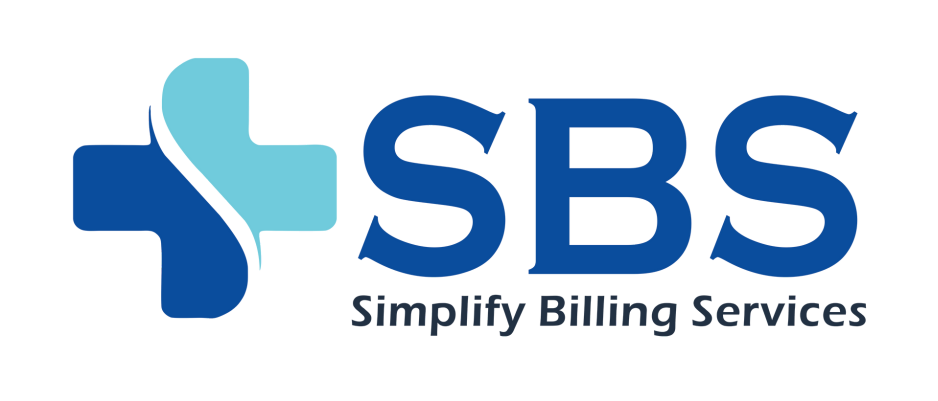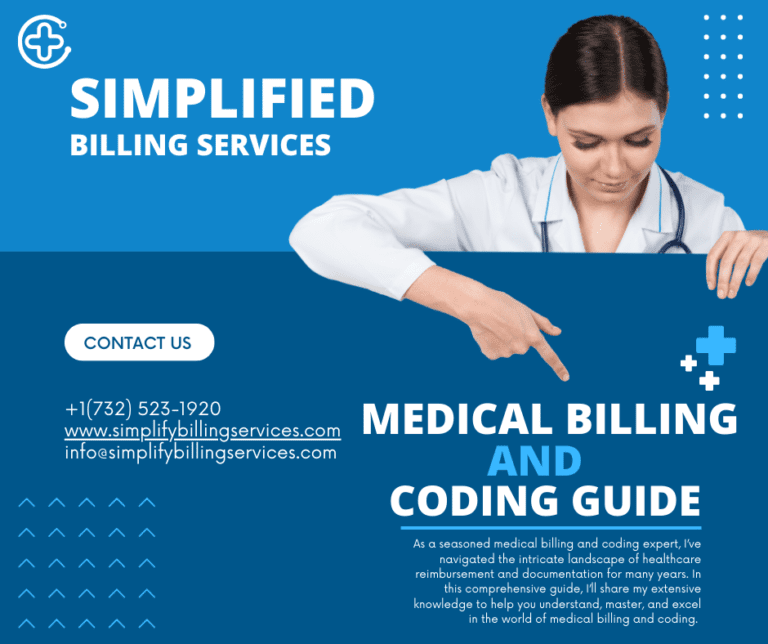In today’s rapidly evolving healthcare landscape, providers face the dual challenge of managing costs while maintaining the highest standards of patient care. One solution that many healthcare practices consider is outsourcing medical billing. While outsourcing can offer significant cost savings, there is often concern about whether it may compromise the quality of service. Let’s explore how healthcare providers can balance cost savings and quality when outsourcing medical billing.
Cost Savings
Outsourcing medical billing can lead to substantial cost savings for healthcare practices. By partnering with a reputable billing company, practices can reduce overhead costs associated with hiring and training in-house billing staff, investing in expensive billing software, and managing day-to-day billing operations. Additionally, outsourcing eliminates the need for practices to allocate valuable resources to billing-related tasks, allowing them to focus on delivering quality patient care and growing their practice.
Quality of Service
While cost savings are a compelling factor, healthcare providers rightly prioritize the quality of service when considering outsourcing medical billing. After all, accurate and efficient billing is essential for maintaining cash flow, optimizing revenue cycle management, and ensuring compliance with regulatory requirements. Providers must partner with a reputable billing company, prioritizing accuracy, transparency, and compliance in their billing practices.
Finding the Right Balance
So, how can healthcare providers ensure they achieve cost savings without compromising the quality of service when outsourcing medical billing? Here are some key considerations:
- Reputation and Experience: Choose a billing company with a proven track record of success and experience in the healthcare industry. Look for testimonials, case studies, and references from other healthcare providers who have successfully outsourced their billing.
- Certifications and Credentials: Verify that the billing company employs certified professional coders (CPCs) and adheres to industry-standard coding guidelines. Certifications such as Certified Professional Biller (CPB) or Certified Medical Reimbursement Specialist (CMRS) demonstrate a commitment to excellence and adherence to best practices.
- Technology and Security: Ensure that the billing company utilizes secure, HIPAA-compliant technology to safeguard patient data and protect against data breaches. Look for features such as encrypted data transmission, role-based access controls, and regular security audits.
- Communication and Transparency: Establish clear lines of communication with the billing company and ensure they provide regular updates on billing activities, claim status, and reimbursement rates. Transparency is critical to building trust and confidence in the outsourcing relationship.
- Performance Metrics and Reporting: Define key performance indicators (KPIs) and establish a system for monitoring and evaluating the billing company’s performance. Regular reporting and analysis of KPIs such as claim submission rate, denial rate, and average reimbursement time can help identify areas for improvement and ensure accountability.
Final Thoughts:
Outsourcing medical billing can offer significant cost savings for healthcare practices, but it’s essential to prioritize quality of service when selecting a billing partner. By partnering with a reputable billing company that prioritizes accuracy, transparency, and compliance, healthcare providers can achieve cost savings without compromising the quality of service. Finding the right balance between cost savings and quality is crucial in optimizing revenue cycle management and supporting the practice’s long-term success.


